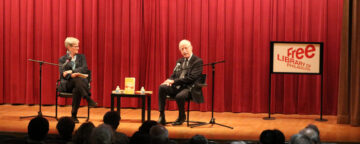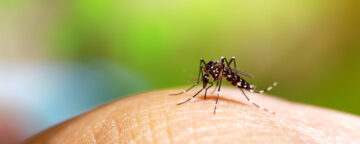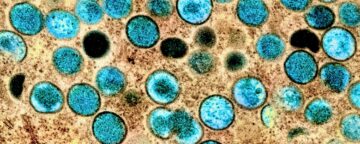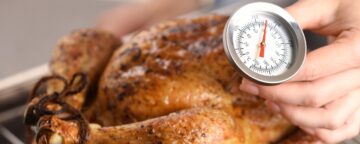A new APPC-NAS-Sunnylands book highlights the importance of human accountability and responsibility when using AI in scientific research.


A new APPC-NAS-Sunnylands book highlights the importance of human accountability and responsibility when using AI in scientific research.

APPC's Kathleen Hall Jamieson and Penn Nursing Dean Antonia M. Villarruel have been named to a new task force to produce a Vision for American Science and Technology (VAST).

Former NIH director Francis Collins and APPC's Kathleen Hall Jamieson discussed science, faith, trust, and Collins' new book "The Road to Wisdom" at the Free Library of Philadelphia.

An APPC study finds that while public worry about contracting RSV has dropped significantly in the past year, worry about flu and Covid-19 has not.

APPC survey reveals room for improvement in public knowledge about mosquito-spread viruses, despite the increasing frequency of related epidemics.

APPC health survey data finds that belief in vaccination misinformation has risen, and a willingness to vaccinate against Covid-19 is lower than in the past.

An APPC survey reveals that most Americans do not know where their local cooling centers are in cases of extreme heat.

An APPC survey finds that Americans' knowledge about mpox and the likelihood to vaccinate against it has waned since the outbreak in the summer of 2022.

A comprehensive meta-analysis from a research team led by the University of Pennsylvania examines what types of vaccine intervention strategies have the greatest effect in increasing vaccination.

An APPC survey finds only 1 in 4 U.S. adults often or always use a food thermometer when cooking and most are unsure of the right temperature to heat food to to prevent illness.